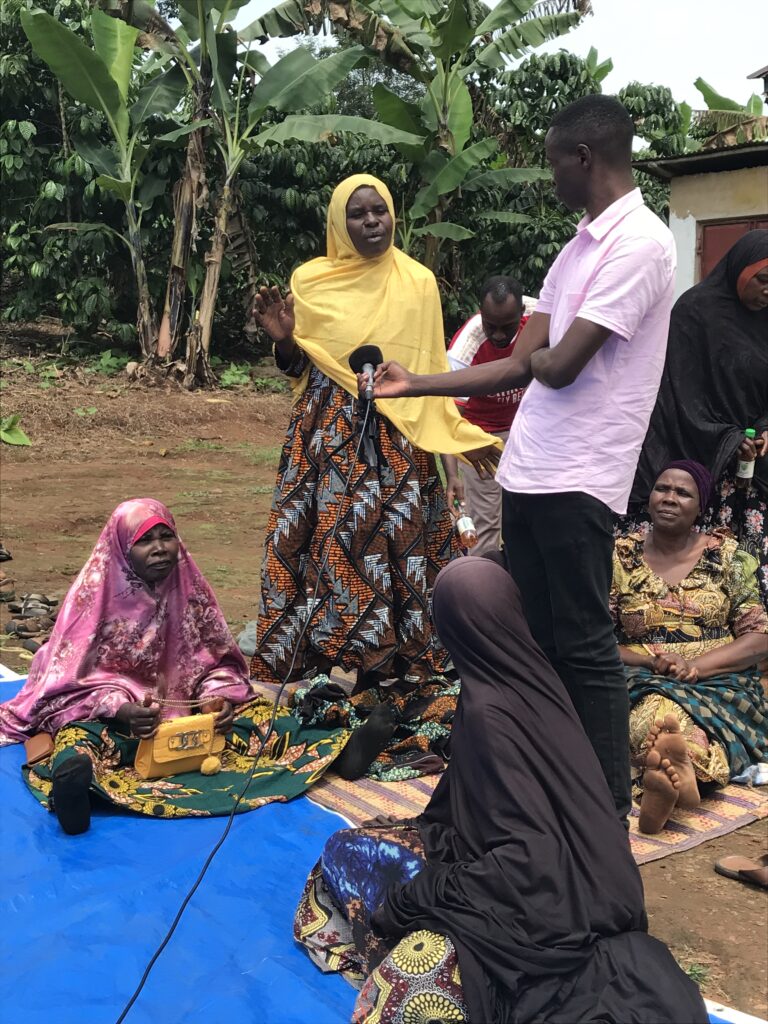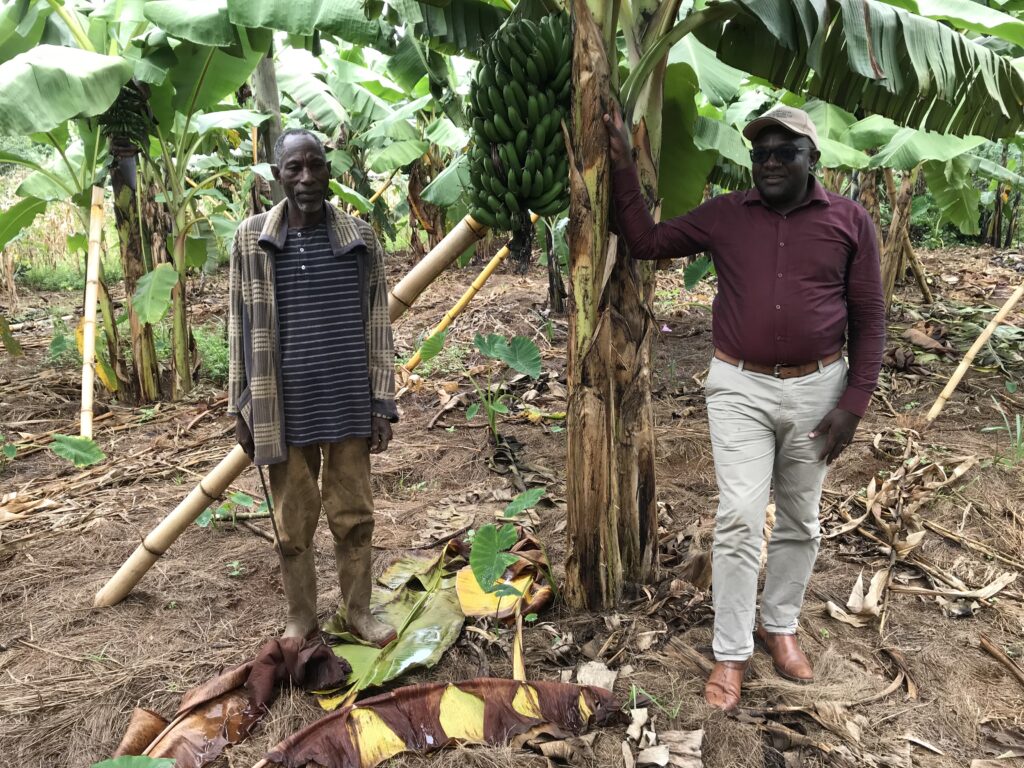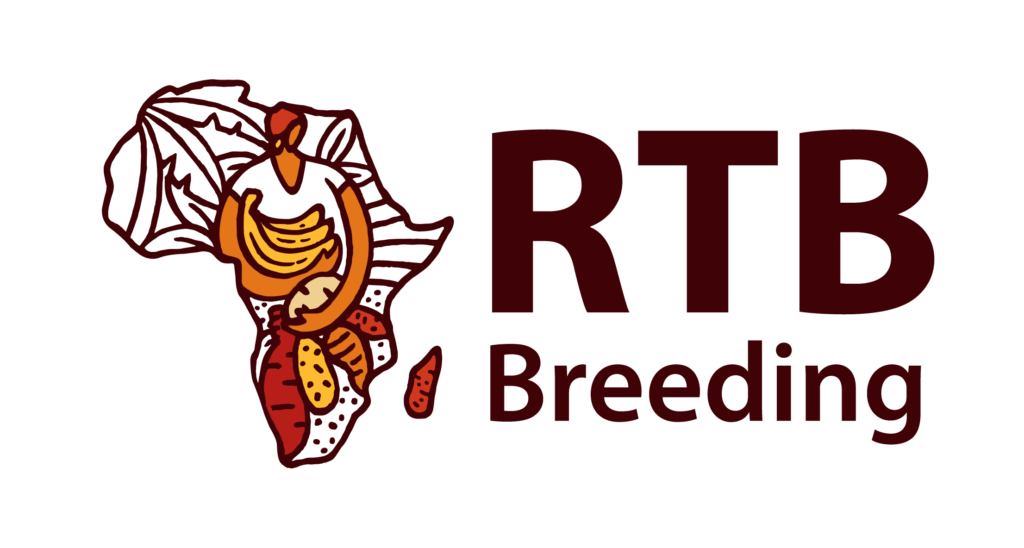Banana farming in Africa is on the brink of a revolutionary transformation, thanks to groundbreaking advancements made by the CGIAR and their partners as part of the restructured Genetic Innovation. While once deemed nearly impossible, breeding resilient banana varieties capable of thriving in harsh conditions and warding off pests and diseases is now a reality, promising vast benefits for farmers across the continent.
Despite its vital role in African agriculture, banana cultivation has long been underappreciated and underinvested compared to other crops. However, recent developments signal a paradigm shift. Highland-cooking bananas and plantains, staples for millions of households, are cultivated across vast expanses of land. Yet, their potential has been hindered by sterility, poor post-harvest performance, and slow breeding progress.
Historically, banana breeding faced significant setbacks, with minimal progress achieved over a century. However, the tide has turned. We’re witnessing a remarkable acceleration in banana breeding efforts through the modernization of breeding programs at institutions like the International Institute of Tropical Agriculture (IITA) strategic partnerships and the strong support of the Bill & Melinda Gates Foundation through RTB Breeding and previous projects.
Gone are the days of waiting decades for new banana hybrids to reach farmers’ fields. The breeding cycle has been dramatically reduced with updated breeding strategies, increased investment, and the adoption of cutting-edge tools and technologies. Parental breeding, statistical modeling, and high-throughput phenotyping are now standard practices, enabling researchers to select desired traits with unprecedented efficiency. Furthermore, several banana genomes have been sequenced, and the pangenome arising will provide additional insights to accelerate genetic gains.

The results speak volumes. New varieties of highland cooking bananas and plantains are already undergoing testing in Tanzania, Uganda, Kenya, DR Congo, and Nigeria, with expectations of swift adoption by farmers. These varieties boast higher yields, improved taste, and crucial resistance to devastating diseases like Fusarium wilt (TR4). Moreover, molecular markers allow for the early selection of desired traits, slashing the time and costs traditionally associated with breeding.
The impact of these advancements extends far beyond research labs and testing fields. Farmers are eagerly embracing these new varieties, as evidenced by the widespread adoption of plantlets from on-farm trials and demonstration fields. Yet, the actual transformation will come from small and medium enterprises (SMEs) tasked with multiplying these varieties and bringing them to market.
Crucially, this work is done in collaboration. Collaborations with institutions like NARO-Uganda and TARI-Tanzania have been instrumental in driving progress. These partnerships, spanning decades in some cases, underscore a shared commitment to revolutionizing banana farming in Africa. As we celebrate milestones in breeding collaboration, such as the upcoming 30th anniversary between NARO and IITA on banana breeding, we’re also looking to further the cooperation through initiatives like the East African banana breeding network.

The journey to reimagining African banana farming has just begun. With continued innovation, collaboration, and a relentless pursuit of impact, we’re poised to usher in a new era of prosperity for banana farmers across the continent.
Together, let’s cultivate a future where bananas aren’t just a crop but a symbol of resilience, innovation, and prosperity for Africa.
